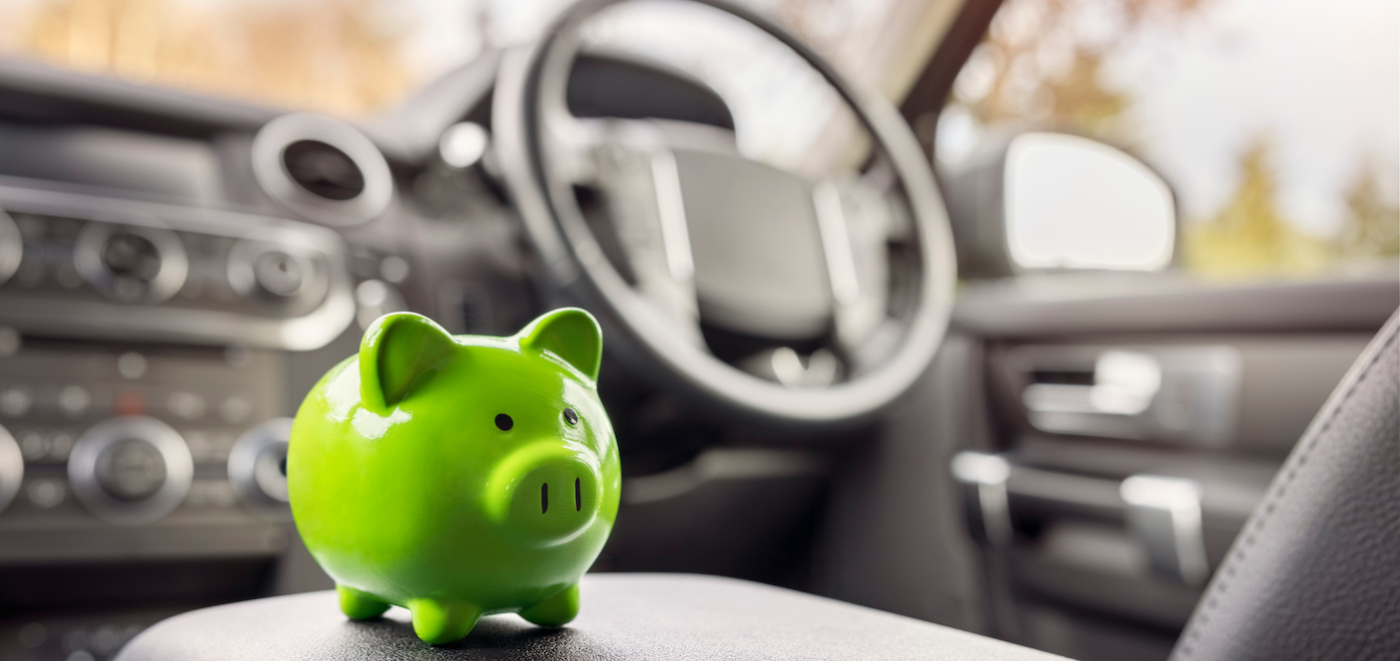Items to Keep in Your Automobile
.jpg)
What to Keep in Your Car in Case of an Emergency
Most of us keep a spare tire and a set of jumper cables in the car trunk, in case of a breakdown on the road. But being prepared for any potential automotive emergency requires several other provisions.
Emergency Kit: Start with a strong backpack or a shatterproof plastic box; include provisions to survive for 72 hours and basic car-repair tools. Some essential items for your automobile emergency kit are:
• Proof of car insurance and your insurance company’s emergency hotline number
• Flashlight with batteries kept separate
• First aid kit
• Swiss style army knife or utility knife
• Drinking water and non-perishable food
• Blankets and towels
• Hammer to break a window (Keep this in the front seat)
• Jack
• Spare tire
• Can of Fix-a-Flat
• Shovel
Include supplies for your family’s specific needs — medications, eyeglasses, doctors’ phone numbers, baby food, etc. – and the weather in your area.
Take time to prepare a complete kit, and you won’t need to think of it every time you leave the house. Check the kit periodically to be sure everything is in good condition. Pack all family cars, including those of students and adult children.
Cell Phone: This is an absolute essential, and should stay within reach at all times. Give it a full charge or bring an extra battery. Program the emergency numbers of your roadside assistance organization and car insurance company.
Document Accidents: It’s very important to document any accident to make filing a car insurance claim easier. Always carry:
Pens and paper for writing down:
• Exactly when and where the accident occurred
• Name, telephone number and insurance information of other parties
• Names and contact information for witnesses
• Description of relevant events or conditions, such as icy roads
• Any statements made by drivers or witnesses indicating driver error or responsibility for the accident.
Disposable camera to photograph:
• All vehicles involved from several angles, with particular attention to damage
• People, especially if they’re injured
• Road conditions, hazards or other relevant details such as poor signage
Complete contact information for your car insurance company: If the accident causes significant damage or personal injury, call your insurance agent as soon as emergency personnel have been notified.
This documentation and evidence will provide tremendous assistance in filing and expediting your insurance claim. It will also help support your side in court, in case of a lawsuit, traffic hearing or criminal charges for any party.
Planning for an emergency may seem like a lot of work, and an accident isn’t much fun to think about. But if you or a loved one ever needs anything in your kit, or detailed information for filing an insurance claim, you’ll always be glad you prepared ahead of time.
